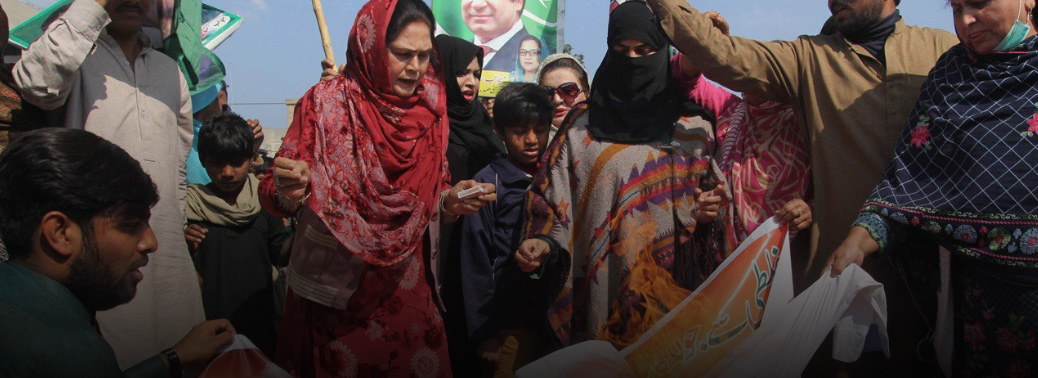UAE helped defuse India-Pak tensions: envoy
19, Mar 2019

Prelims level : Bilateral Relation
Mains level : GS – II
In an announcement that goes against India’s steady official narrative, the envoy of the United Arab Emirates declared that it has played a major role in de-escalating tension between India and Pakistan after the Pulwama terror attack and Balakot strike.
West Asia-India dynamics
Hindu Temple in Abu Dhabi:
- PM inaugurated a project for the construction of the first Hindu temple in Abu Dhabi, describing it as a “catalytic agent” of humanity and harmony that would become a medium of India’s identity.
- The temple will come up on 55,000 square metres of land. The structure will be hand-carved by Indian artisans and assembled in the UAE. It will be completed by 2020 and open to people of all religious backgrounds.
- It will be the first traditional Hindu stone temple in West Asia.
- Sanstha, a socio-spiritual Hindu organisation set up in 1907. It runs over 1,100 temples and cultural centres around the world.
Recent Visits:
- PM Modi’s fifth visit to West Asia in the last three and a half years and sustained high-level engagements have ensured that India’s voice is becoming an important one in a region that is witnessing major power rivalries playing out.
- Modi’s Palestine visit is the first visit by an Indian Prime Minister, coming just weeks after Israeli Prime Minister Benjamin Netanyahu’s high profile visit to India
India-UAE Relations
- Trade and economic ties are becoming central to the India-UAE relationship.
- A landmark pact awarding a consortium of Indian oil companies a 10% stake in offshore oil concession will be the first Indian investment in the UAE’s upstream oil sector, transforming a traditional buyer-seller relationship into a long-term investor relationship with stakes in each other’s strategic sectors.
- There was also an MoU aimed at institutionalising the collaborative administration of contractual employment of Indian workers.
- There is also growing convergence between the two countries on tackling terrorism.
Containing China
- Oman has been a long-standing partner of India in West Asia, where Indians constitute the largest expatriate community.
- China’s expanding footprint in the Indian Ocean Region has alerted India to the possibility of strengthening security ties with littoral states.
- India is likely to step up its military presence in Oman. Naval cooperation has already been gaining momentum with Muscat giving berthing rights to Indian naval vessels to fight piracy in the Gulf of Aden.
- Regular naval exercises have now become the norm.
- India and Oman have not only made military cooperation more expansive during the Modi visit but also made an attempt to take the relationship to other domains: by enhancing cooperation in the field of health, tourism and peaceful uses of outer space.
Issues and way forward:
- Bureaucratic inertia in New Delhi continues to hamper India’s outreach.
- India’s engagement with West Asia should now focus on delivering on its commitments and strengthening its presence as an economic and security partner.
- This will be crucial as traditional powers such as the U.S. and Russia are jostling militarily, even as America’s stakes in the region decline by the day.
- China and India, as two emerging powers, are yet to articulate a clear road map for the region.
- While India is still stuck in the age-old debates of Israel-Arab rivalry, West Asia has moved on.
- Growing rivalry between the Sunni Arabs and Shia Iran is reshaping old relationships and India will have to be more pragmatic in its approach towards the region.
- The Prime Ministers visit has underlined this new reality for India.






